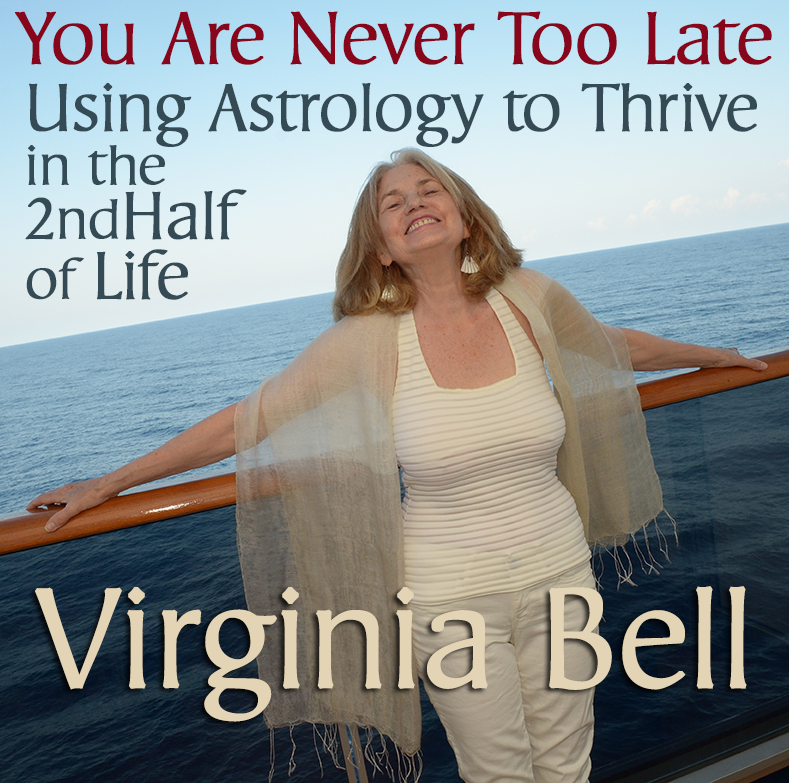Yes, happiness Peaks at 65! Sonja Lyubomirsky is a professor in the Department of Psychology at the University of California and author of The How of Happiness. In her book she describes a 22-year study that was done with about 2,000 healthy veterans of World War 2 and the Korean War which revealed that life satisfaction actually increased over the course of these men’s lives, peaked at age 65, and didn’t start significantly declining until age 75. So if you’re not happy at 30 or 40; don’t give up and don’t rush. There’s still time.
Want to boost you ability to be happy? Her research also showed there are many ways, some of which may be surprising. The following is from an article on yahoo’s Shine, April 24, 2013 by Beth Greenfield.
1. Perform random acts of kindness
“The generous acts don’t have to be random and they don’t have to be a certain kind (e.g, anonymous or social or big, etc.). We have found that almost any types of acts of kindness boost happiness.”
2. Live in a home that’s rented, not owned
Lyubomirsky takes the American Dream to task, saying that renters are happier than owners. “Homeowners are no happier than renters by any of the following definitions: life satisfaction, overall mood, overall feeling, general moment-to-moment emotions (i.e. affect).
3. Count your blessings
Learning to practice gratefulness is particularly key to happiness, Lyubomirsky says. And there are many ways to do it: by keeping a gratitude journal, in which you ruminate on 2-3 things for which you’re currently grateful, “from the mundane (your dryer is fixed, your flowers are finally in bloom, your husband remembered to stop by the store) to the magnificent (your child’s first steps, the beauty of the sky at night).” Alternately, you can choose a fixed time that’s set aside for thinking about your blessings, or when you can talk about what’s good in your life with a gratitude partner, or even tell people directly that you’re grateful for them or their actions.
4. Be thrifty
Materialism, over consumption and overspending will ultimately get you down, Lyubomirsky has noted, reiterating the point by using age-old tropes (possessions break, while memories only get better) and quotes (“Our necessities are few, but our wants are endless”). “Promoting sustainable happiness means helping people transcend set points and setbacks to live more rewarding lives,” she writes in one study. “Thrift can complement this endeavor by extending the meaning of sustainability, ensuring that the collective can flourish as well as the individual.” In other words? Greed makes everyone sad.
5. Become a parent
No, it’s not for everyone, and definitely not a quick or simple fix. But parents experience greater levels of happiness and meaning in life than people without children, according to research that Lyubomirsky led in 2012.
6. Learn to savor positive experiences
“The ability to savor the positive experiences in your life is one of the most important ingredients of happiness,” according to Lyubomirsky. How to do it? Put together a small album with happy photos or mementos and carry it around with you. Try to be present and fully appreciate small, happy moments—from taking a shower to eating a meal. And tune in to natural joys, from the sound of a bird singing to the smell of fresh spring blossoms in the air.
7. Take baby steps toward life goals
Making a list of your big goals in life, and taking baby steps toward them, is very happy-inducing. That’s because a component of happiness is the sense that your life is good, “that you’re progressing towards your goals in life.”



